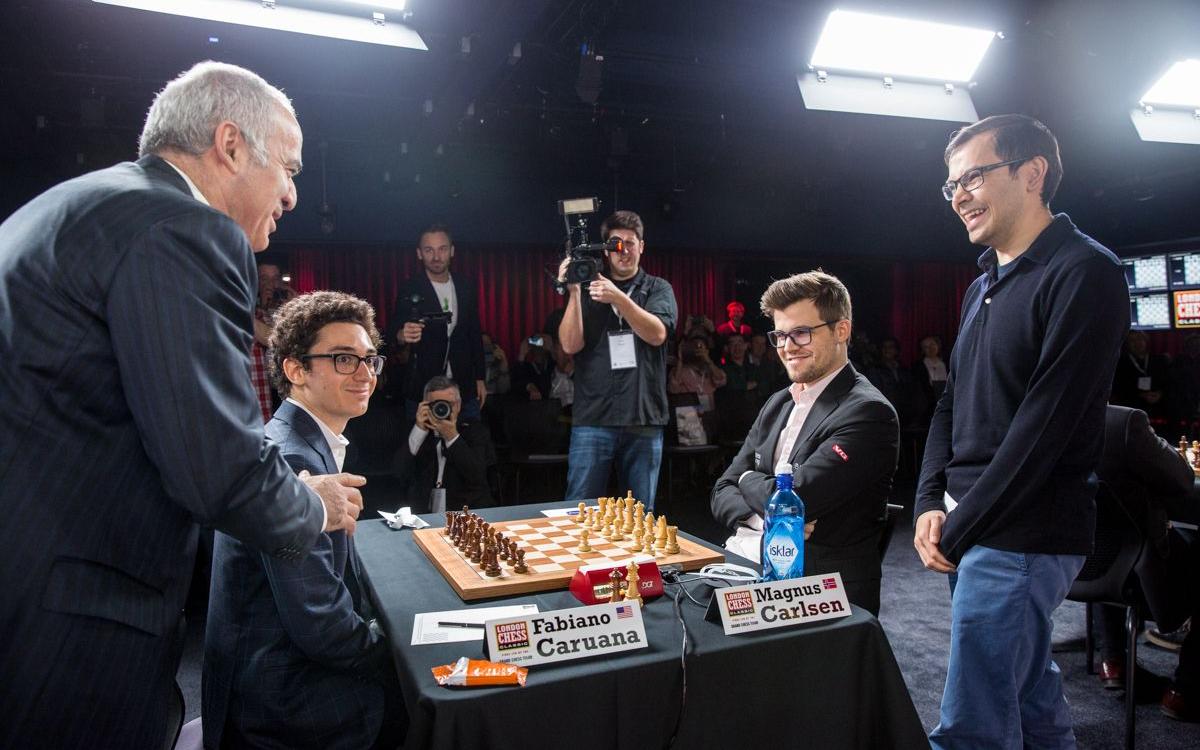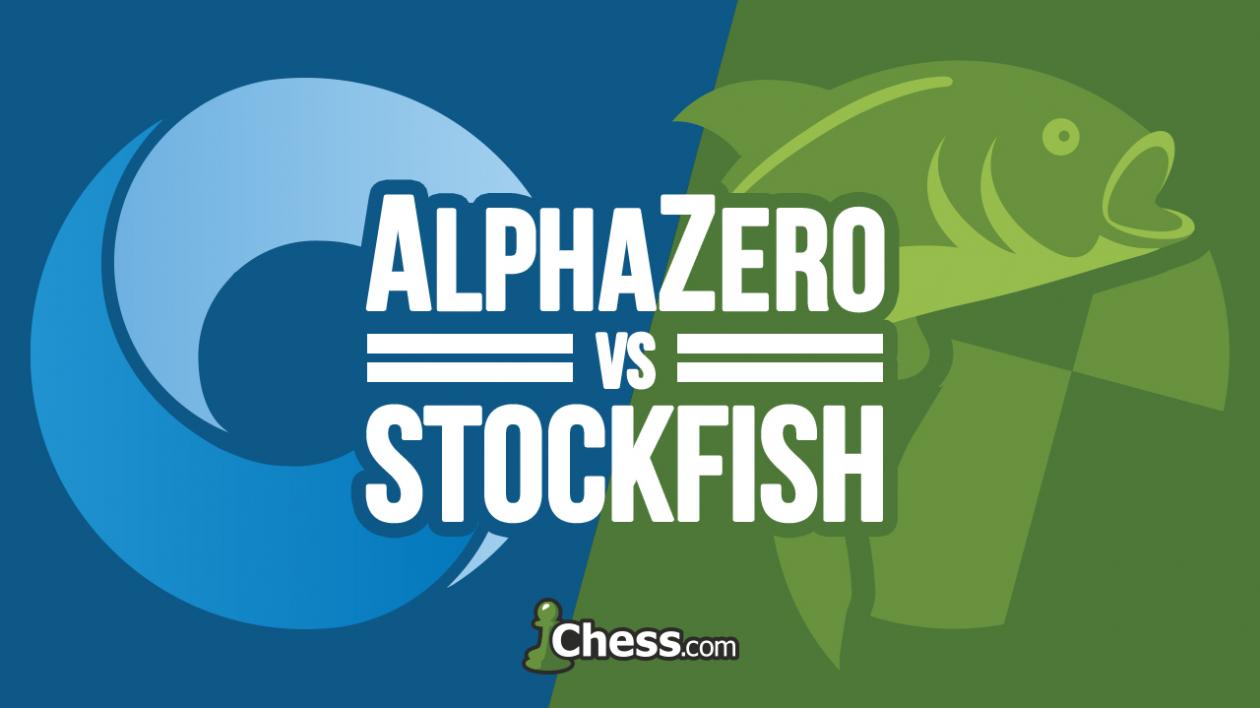
AlphaZero: Its Great Predecessors
Garry Kasparov's book My Great Predecessors is one of the best ever written about chess.
If I had to take just one chess book with me on a proverbial desert island, that would be my pick. Well, actually I would take all five volumes of the book. The narrative there is both entertaining and educational, so you can learn about history of our game as well as seriously improve your general chess understanding.
Kasparov shows how every great chess player brought something unique to further develop chess theory. Nevertheless, the following statement from the first volume is very questionable:
It is possible that my match with Kramnik (London 2000) will be the last to make serious changes to our understanding of the game [...]
I guess I somehow misunderstood what Kasparov wanted to say here because the idea that the general development of chess understanding stops at some point sounds very wrong. Moreover, recently the whole chess world witnessed a major chess breakthrough thanks to the mysterious entity called AlphaZero.

Unless you've been living under a rock the last month, you've definitely heard about the mind-blowing result of the 100-game match between AlphaZero and one of the world's best chess engines Stockfish. Actually, even if you've been living under a rock, you still probably heard about it because the news about this sensational event is everywhere!
There is a lot of talk about the hardware mismatch, a questionable time control, and an almost obsolete version of Stockfish. I cannot say anything on the tech subjects as I am not an expert there.
However, the way AlphaZero played chess is truly phenomenal.
In one of my recent articles I wrote about a guy who wanted to learn enough about chess in one month to beat Magnus Carlsen. AlphaZero managed to accomplish this goal in just four hours!
It had no opening books, endgame tablebases or any other chess guidance. Since AlphaZero has learned everything on its own, it obviously has no predecessors who helped it advance its chess skills. Nevertheless, we need all the help from history's best players in order to understand the depth of AlphaZero's play!
Playing through the AlphaZero's games, you cannot help but notice that it really likes to sacrifice material, just like our human world champions!
It is truly amazing that the computer found these extremely complicated opening lines on its own, without any assistance! Now let's see its positional masterpiece. Guess White's move in the following position:
At first sight it looks like White simply creates weaknesses on his queenside. But this strong move actually has two ideas. First, White wants to recover the pawn since capturing it right away wasn't good. Do you see why?
But in reality White's idea is much deeper than just recovering the pawn. The b4 pawn severely restricts the movement of Black's pieces on the queenside. Later this pawn went to b5 and Black's light-squared bishop was pretty much dead till the end of the game. This idea was played more than 100 years ago in the following famous game:
AlphaZero discovered a truly remarkable concept in the following position. Can you find it?
Yes, White deliberately loses its right to castle, because in the position with a very stable center and the opponent's cramped pieces, it is impossible for Black to create any meaningful threats against white king. Meanwhile, White starts the decisive advance on the kingside. If this concept looks familiar, then you know your chess classics.
This is exactly the way Alekhine beat Capablanca in their last tournament game. There White decided to forfeit his right to castle. Also notice the bind in the center and the queenside is very similar to the AlphaZero-Stockfish game:
Now we can better understand the depth of AlphaZero's positional concept, and it is time to see its final positional piece sacrifice:
I hope one day Garry Kasparov decides to write a book about his great successors. I bet he will devote a chapter to AlphaZero!



